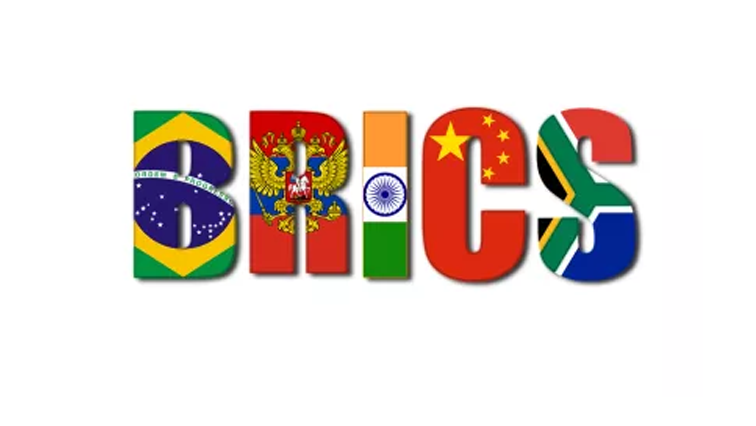BRICS member-states meet today (Tuesday) at a crucial time when the formulation of strategic alliances has become irrefutably of paramount importance.
The emergence of BRICS (Brazil, Russia, India, China and South Africa) nearly two decades gave rise to speculation that the realignment of the international power balance was inevitably in the offing, However, if truth be told, BRICS has thus far achieved a lot less than the original massive expectation.
In the beginning, the understanding was that those who often felt the wrath of nepotism and covert or overt discrimination by the Western-centric multi-lateral bodies had finally resolved to determine their own destiny.
Yet, in between the BRICS Summits, very little by way of action-oriented plans hardly ever unfold, leaving observers and followers wondering if BRICS is but a toothless dog.
Some of the previously mooted plans had been truly exciting, if not outright revolutionary. For instance, the proposed BRICS Bank, situated in the heart of the Superpower that is China, was earmarked to mitigate on behalf of member-states against the harsh conditions of financial aid from the World Bank and the International Monetary Fund (IMF) which are viewed correctly as the tools of the West for the control of the less-developed economies.
The recent major story of South Africa approaching the World Bank (cap-in-hand, they all do when they need a loan) brought to the fore the glaring disorder in the progress that BRICS ought to have made since its inception.
As the reality of the outbreak of COVID-19 hit hard at the heart of the economies of all nations, the five-member BRICS bloc needs to be cozying to each other much more closer, acknowledging that their dedication and commitment to staying together is not a vanity project.
The BRICS Summit gets underway at this moment at a time when America’s grip on the world has been loosened somewhat by four years of outgoing President Donald Trump’s penchant for unilateralism coupled with a glaring lack of basic diplomatic etiquette. This abrasive leadership, based on the cantankerous “Make America Great Again” foreign policy, has resulted in the gradual disintegration of the Allied Forces as we’ve known them since the end of World War 2 in 1945 and the subsequent emergence of the North Atlantic Treaty Organization (NATO).
Yet, notwithstanding the shortcomings and challenges that the BRICS bloc has faced over the years, there remains a silver lining. The determination to want to keep going, to stick together in unison, to sometimes quietly forged closer cooperation for example through sport, arts and politics – points to a better tomorrow for BRICS than the gloomy today.
But BRICS bloc ought to become more ruthless and robust going forward. One of the issues that they will have to deal with is the revolutionary proposal but on the table by Russian President Vladimir Putin that BRICS members must take a resolution to dump the US dollar as a currency of trade among and between them.
Putin has argued if economic trade between the member-states was conducted in the local currency of those involved the current strength of the dollar would be surely weakened. And indeed it would. Brics account for nearly forty percent of the world population and boast the rapidly developing economies of the world as the world surges closer to exiting the 21st century.
Hard, strategic resolutions would have to be adopted at the latest BRICS Summit to once and for all be bold and got it alone if they wish to yield influence in world affairs. Otherwise critics would view BRICS bloc as a bunch of wannabes whose annual summits take place to take one resolution only, which is to agree to meet again.






